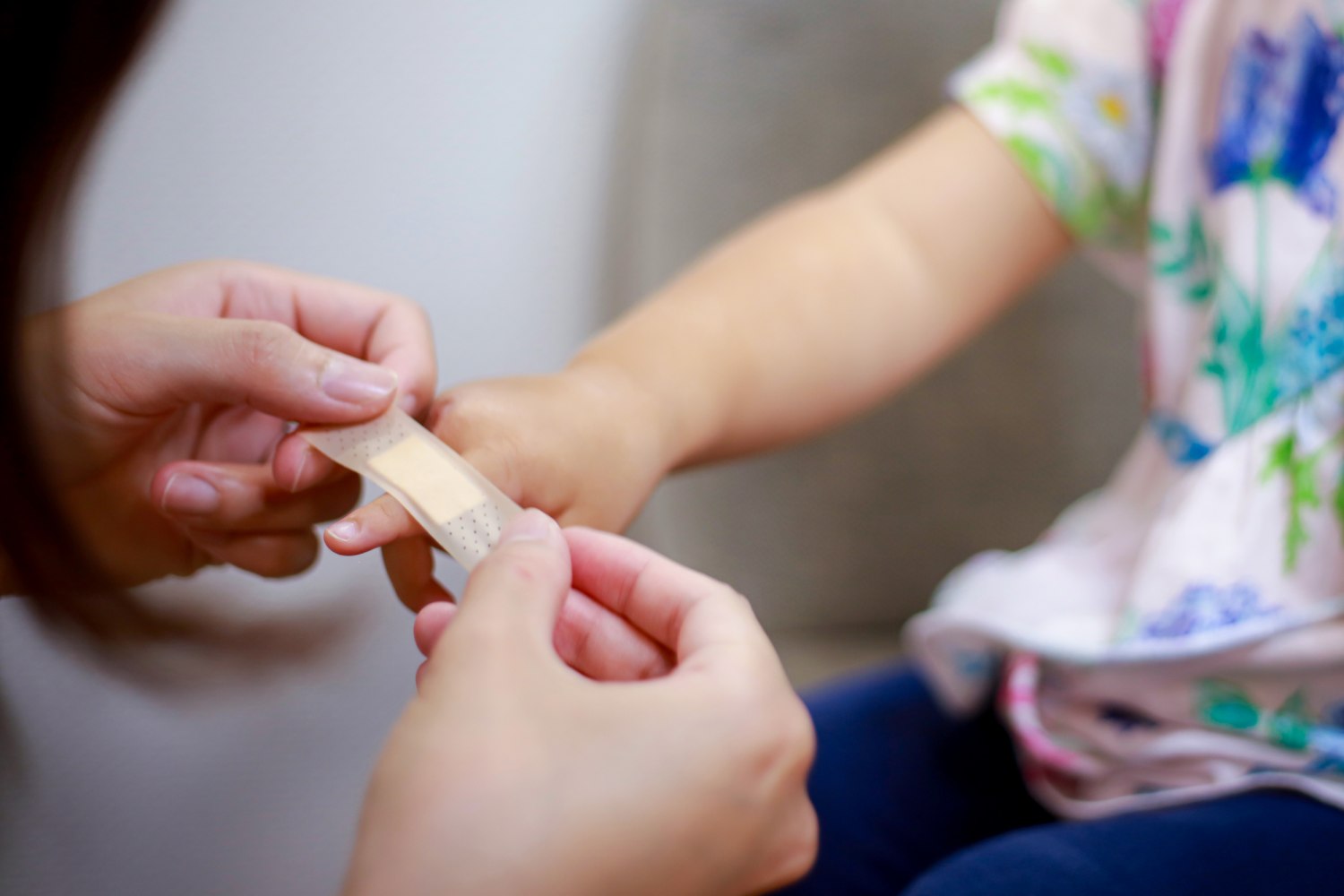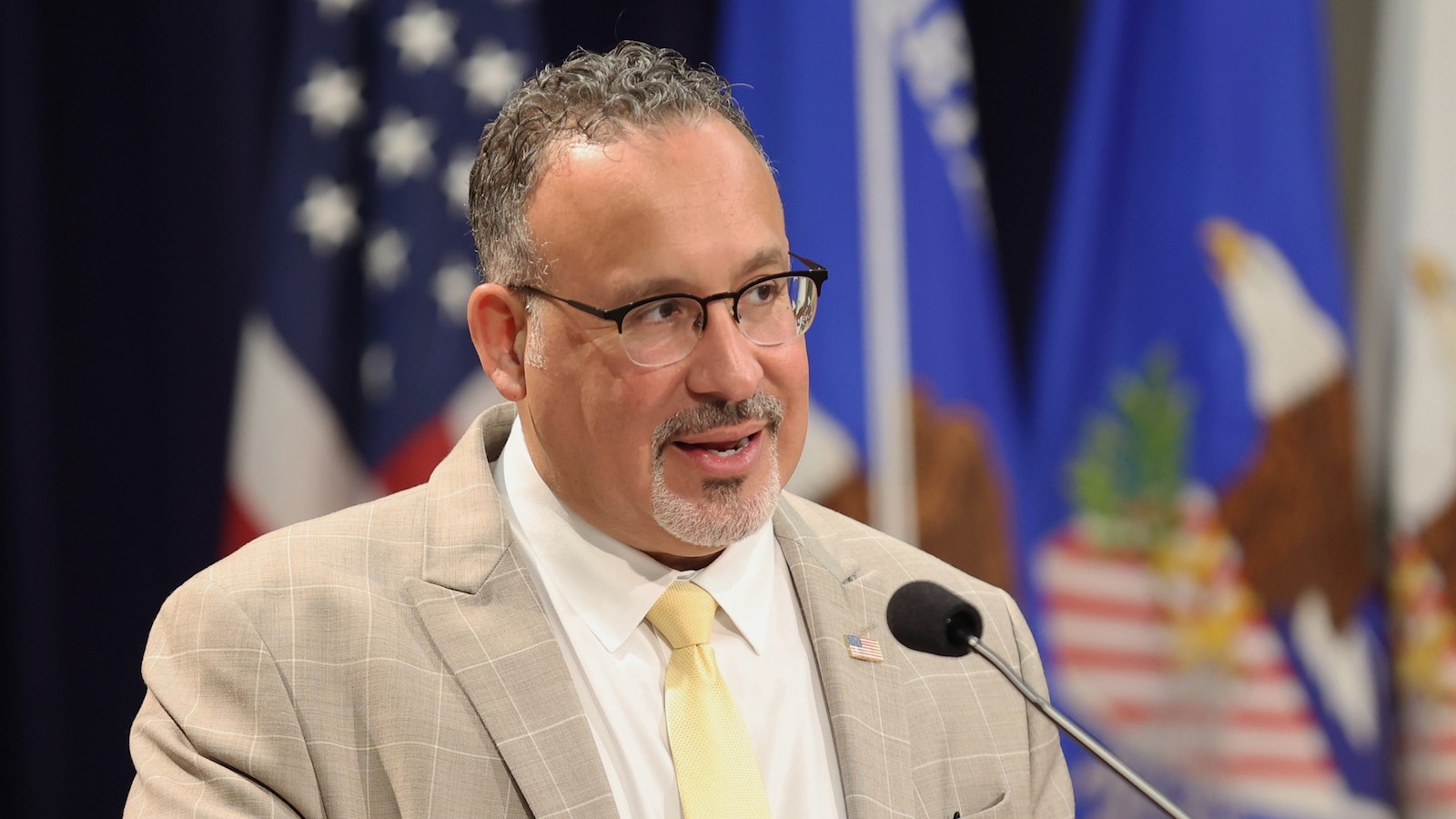New Idaho Law Requires Parental Consent for School Medical Services
In July 2022, a new law known as Senate Bill 1329 went into effect in Idaho, mandating parental consent for non-life-threatening medical services provided to minors in schools.
Defining Health Care Services
The law broadly defines health care services as any activity that involves:
- Diagnosis
- Care
- Screening
- Prevention
- Cure
- Examination
- Relief of physical or mental health conditions, illnesses, or injuries
Impact on School Districts
The Boise School District promptly updated its parental consent policy in response to the new law. The district now requires parental consent for:
- Routine first-aid, including Band-Aids
- Mental health check-ins
- Over-the-counter headache medicine
Other school districts in Idaho, such as West Ada School District, have also implemented stricter consent requirements.
Legal Implications
The Idaho School Boards Association (ISBA) has emphasized that schools must comply with the new law to avoid civil penalties.
“While it may be strange to parents… they should know that the district or charter are following the new statute… and could be faced with a civil penalty if they fail to comply,” said Misty Swanson, ISBA’s executive director.
Exceptions
The Boise School District acknowledges that parental consent may not always be immediately available.
“When consent cannot be obtained in a timely manner, staff should use their best judgment and provide the care as needed,” the district stated.
Parental Perspectives
Some parents have expressed concerns about the new law, arguing that it creates unnecessary barriers to essential medical services.
“I think it’s important for schools to have the ability to provide basic first aid without parental consent,” said one parent.
Others believe that the law empowers parents to have more control over their children’s medical care.
“I appreciate that the school is taking extra precautions to ensure that I have a say in my child’s health,” said another parent.
Conclusion
The implementation of Senate Bill 1329 in Idaho has sparked significant debate and discussion about the role of schools in providing medical services to students.
While the law aims to protect parental autonomy, it also raises concerns about potential delays in care and the potential impact on students’ well-being.
As schools and parents navigate the new requirements, it will be crucial to find a balance between respecting parental rights and ensuring that students have access to necessary medical care.



